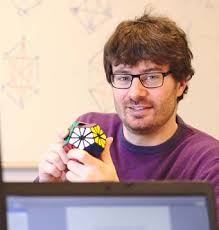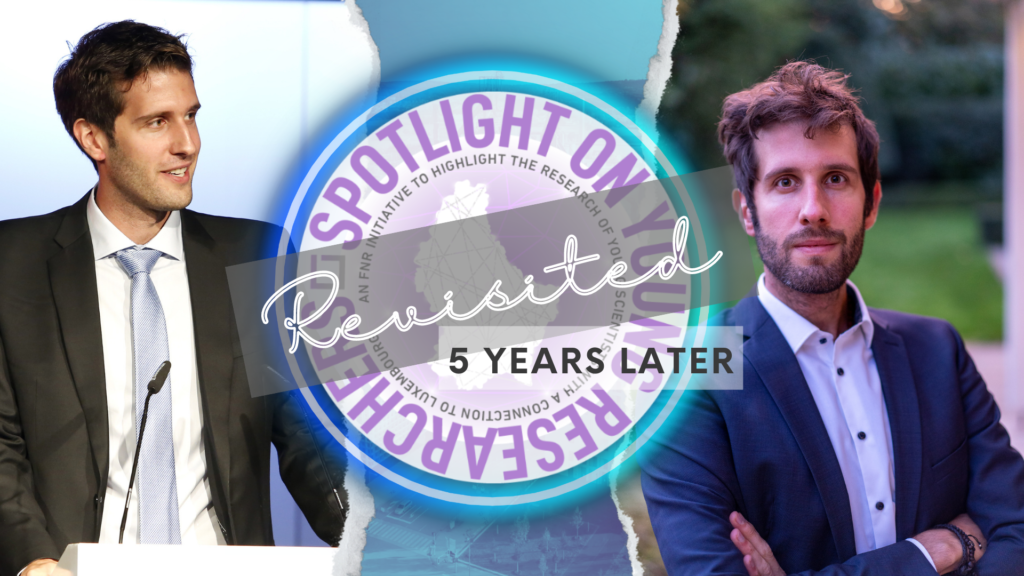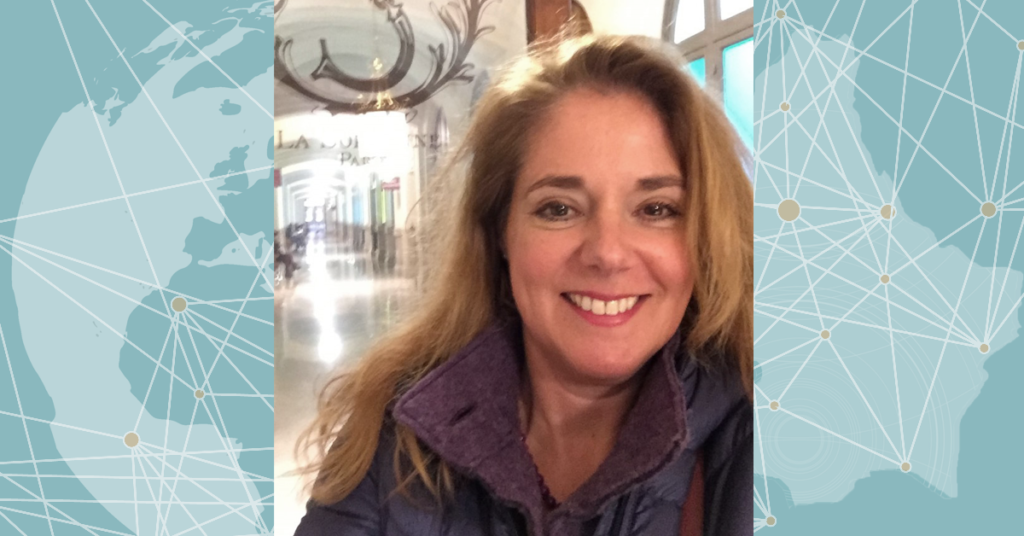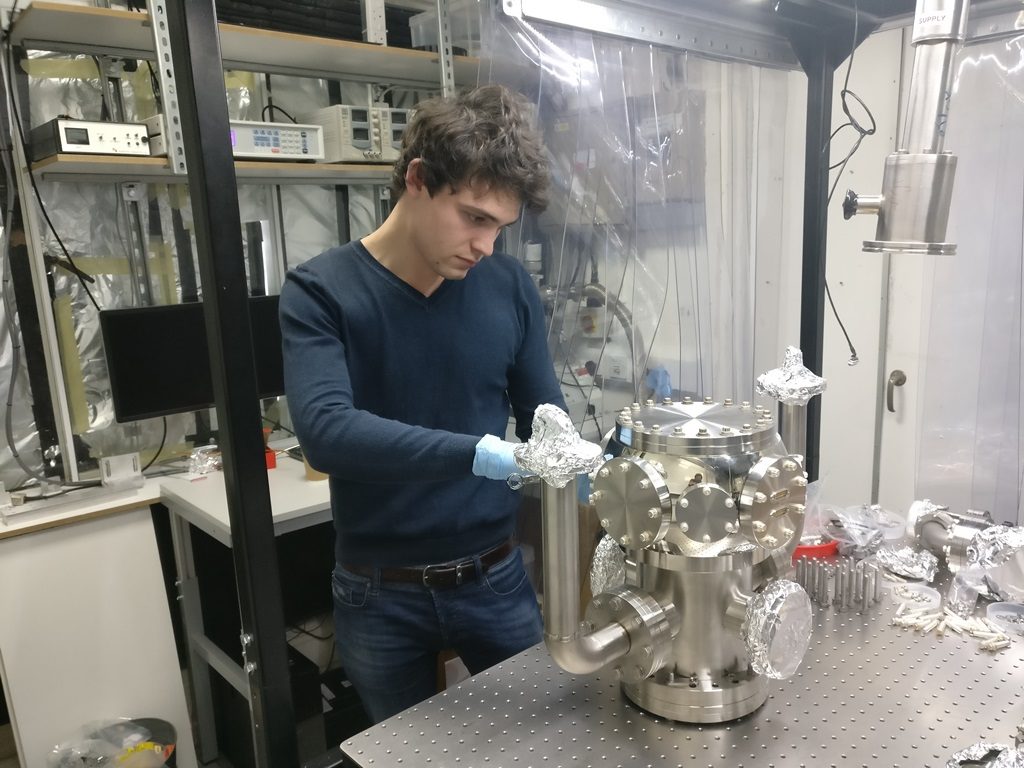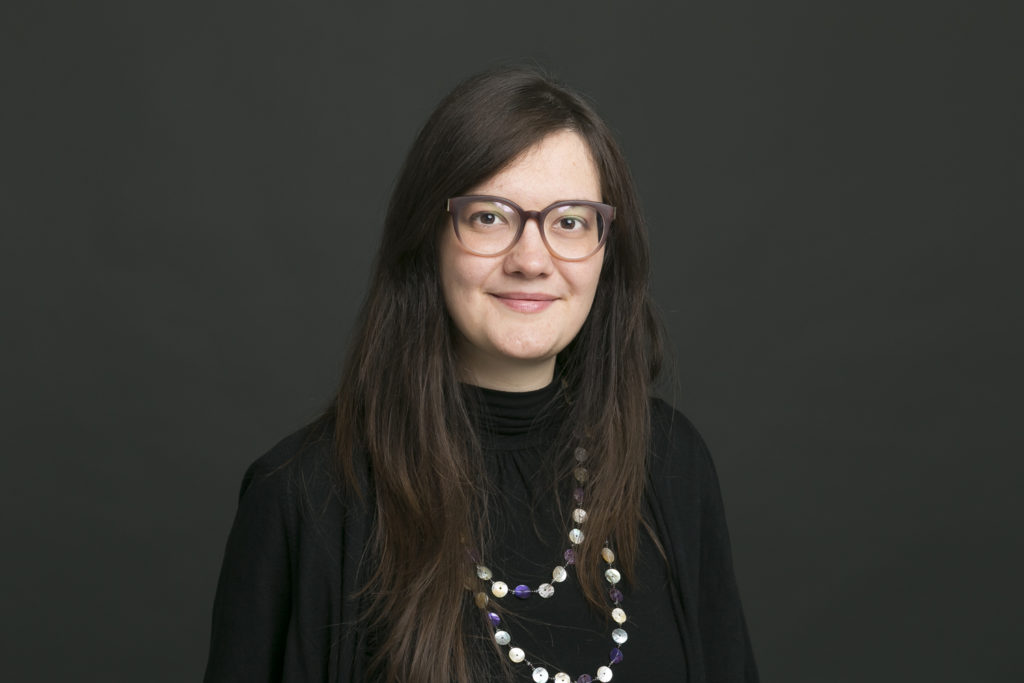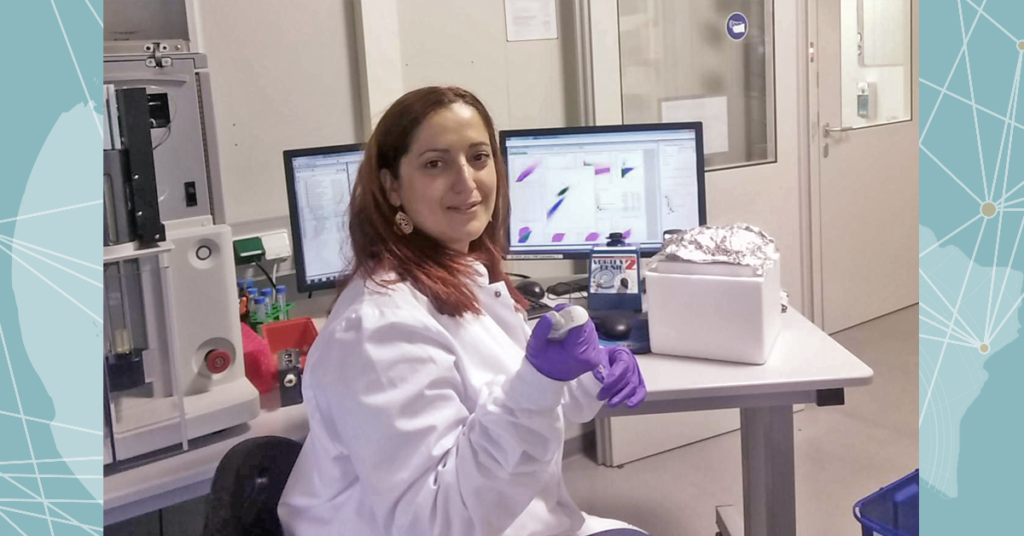The world is full of mathematics. Marie Skłodowska Curie Fellow and AFR postdoc beneficiary Pascal Schweitzer develops the mathematical foundations for diverse aspects of the modern economy and society.
Imagine you are given a list of cities and the distances connecting individual pairs of cities. What would be the shortest possible route that visits each city only once, and returns back to the starting point?
Mathematicians love questions like these. They spend their days thinking about solutions that could quickly provide answers to such problems. This particular one, the so-called Travelling Salesman Problem, can be solved in a number of ways and has applications in transport logistics and even microchip design.
Complexity of discrete systems
However, many mathematical problems cannot be solved easily. Such problems fascinate Pascal Schweitzer. The Luxembourgish scientist with a PhD from the Max-Planck Institute for Informatics in Saarbrücken is Junior Professor for the complexity of discrete systems at the renowned Rheinisch-Westfälischen Technischen Hochschule (RWTH) Aachen. He is interested in so-called graphs and groups.
For mathematicians, graphs are elements or objects that are either connected or not. It’s about paired relationships. Facebook users can be friends or not, streets in a traffic network or atoms in chemical molecules can be connected or not – it always involves discrete mathematics and graphs provide the basis for the analysis of such systems. Groups are all about symmetry, which is often a relevant property of chemical molecules. Similarly, numerous symmetries appear in the Rubik’s cube and these are essential for understanding its solution.
Calculating the speed and efficiency of systems
“We are looking for methods that can quickly capture complex relationships”, says Pascal Schweitzer, adding “at the same time, we try to discover the limits of what can be efficiently calculated”.
Such complex topics cannot be addressed using human performance alone. In the field of pharmaceuticals for example, it would take too long to calculate which new chemical substances are toxic and which are not. The mathematical basis that Schweitzer explores – so-called machine learning – would employ computers to accurately predict the properties of chemical substances and select appropriate ones.
Tackling unsolved mathematical riddles
During his post-doc, which was supported by an AFR grant from the FNR, Schweitzer acquired essential skills for his current research. He spent 1.5 years at the Australian National University in Canberra, Australia, looking for counterexamples of a yet unsolved mathematical riddle: The Kaplansky zero divisor conjecture.
“Traditionally, the zero divisor conjecture has been approached with algebraic means, i.e. proofs with paper and pencil”, Schweitzer explains. In Australia, he translated the conjecture into a computer-amenable format and learned to perform a systematic computer-assisted search for counterexamples.
For the last 6 months of his post-doc, he participated in a Group Theory seminar at the Mittag Lefler Institute in Stockholm, Sweden, where he presented his research. “This gave me the opportunity to reassure myself of my findings and to exchange ideas”, says Schweitzer.
Following his FNR-funded AFR postdoc, he became a Laureate of the European Post-Doc Institute (EPDI), a collection of 9 renowned mathematical research institutes that each year chose 7 laureates to spend 2 years in several of the participating institutes. Schweitzer’s research trip brought him to Japan, the ETH in Zurich, and the Newton Institute in Cambridge.
He has not solved that Kaplansky conjecture yet. However, his results add elements to a house of cards. Each argument builds on another one, and eventually, the problem may be solved and find its applications in practice.
This case study was originally featured in the FNR 2014 Annual Report
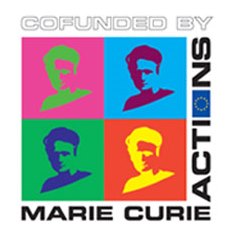
SEE ALSO..
RELATED FNR PROGRAMMES

